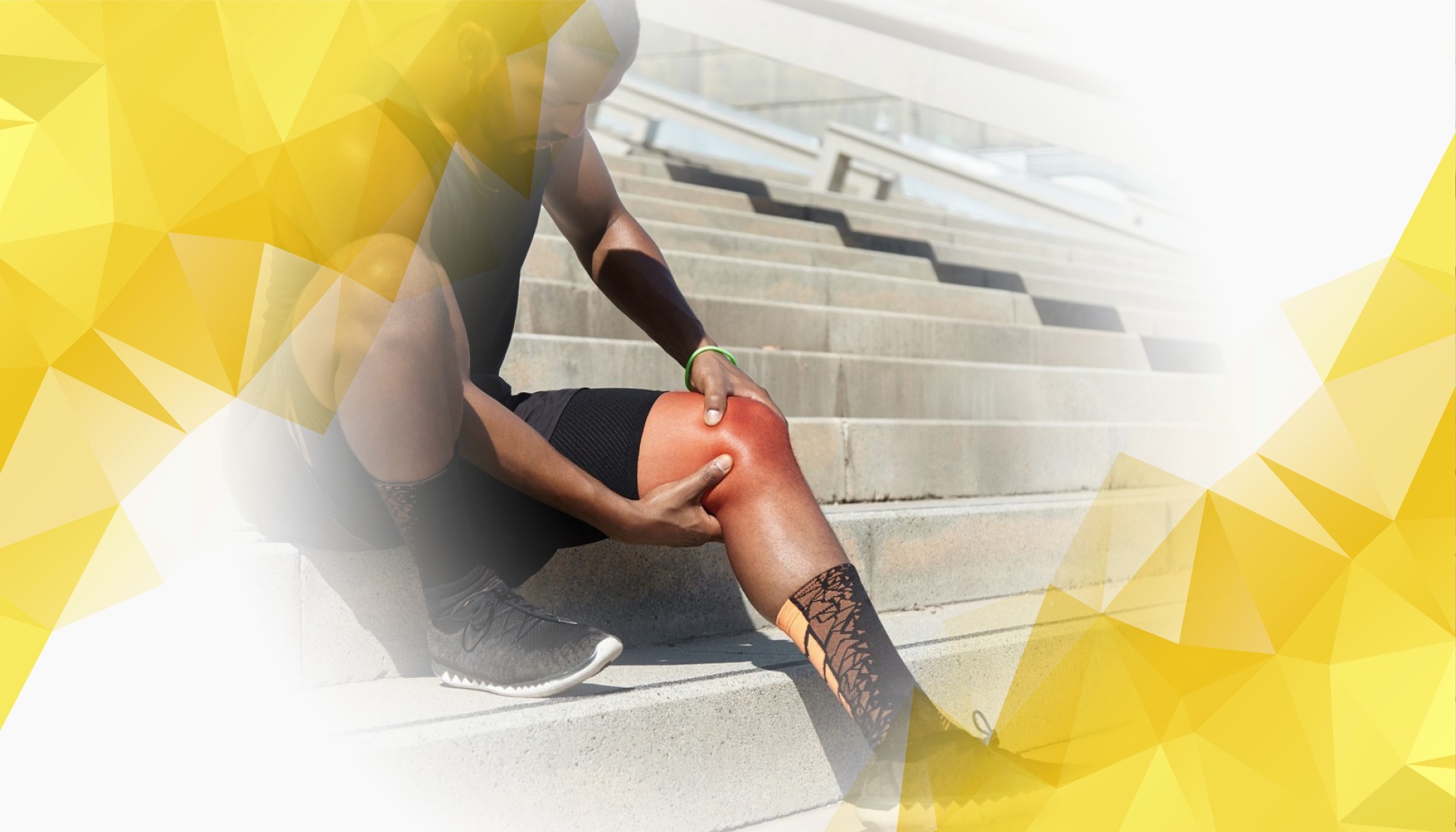Introduction
Caring for your knees isn’t just about healing after an injury—it’s about ongoing support to ensure long-term strength and mobility. Many rehabilitation programmes focus on short-term goals, but sustainable knee health requires continuous attention and fresh strategies. MAI Motion ’s re-test and self-management programme stands out by combining regular assessments with empowering self-care techniques. In this article, we’ll explore these innovative methods, highlighting how technology and research are shaping a smarter approach to knee rehabilitation . We’ll look at why re-testing is crucial, how self-management empowers you, how technology is changing the game, and what the future may hold for knee care .
Why Regular Knee Re-Testing Matters
Keeping your knees healthy over time relies on regular, thoughtful monitoring. Everyday activities can cause gradual wear and tear that often goes unnoticed until pain or reduced mobility sets in. MAI Motion’s programme uses targeted tests to assess your knee ’s stability, range of motion, and muscle strength —think of these as regular check-ups that catch concerns early. By identifying subtle changes, you and your care team can adjust your rehabilitation plan before small issues become larger problems. Thanks to recent advancements in motion analysis , these check-ins are becoming more accurate, affordable, and accessible. Instead of sticking to a set routine, your treatment evolves based on your progress, making recovery more effective and truly personalized. Notably, research has shown that even a 10-degree difference in knee range of motion can provide vital insights into your walking pattern and physical function, helping to tailor your care as your needs change.
Taking Charge with Self-Management
What really sets MAI Motion apart is its commitment to self-management. Rather than relying solely on occasional clinic visits, you’re given the resources and guidance to care for your knees every day. The programme offers tailored exercises, pain management techniques, and lifestyle advice—including staying active with low-impact activities such as swimming or cycling, and maintaining a healthy weight. These practical steps can ease pain , boost mobility, and support overall joint health . People who embrace these routines often see better, longer-lasting results and feel more confident in their recovery journey. Beyond the physical improvements, taking an active role in your rehab fosters motivation and a greater sense of control—both key contributors to long-term success. New developments in tracking progress also mean that you can make informed decisions about your care, adapting your routine based on real data rather than guesswork.
How Technology Enhances Your Rehabilitation
Technology is revolutionizing knee rehabilitation , making it more interactive and convenient. Wearable devices and smartphone apps can track your knee movements and daily activities, sharing key information with your healthcare provider in real time. This allows for quicker adjustments to your programme, even when you’re working out at home. Virtual coaching tools offer personalized feedback and reminders to keep you motivated and on track. Recent research shows that even standard cameras and widely available apps can now provide reliable motion data, making it easier than ever to monitor your progress without expensive equipment. With these digital tools, you get a more engaging and connected experience—moving far beyond old-fashioned paper handouts and bringing your rehabilitation plan to life in your everyday routine.
Looking Ahead: The Future of Knee Care
The future of knee rehabilitation is bright, with new advances on the horizon. Artificial intelligence and computer models may soon predict which knees are most at risk or recommend treatments before issues develop. Telemedicine promises expert guidance for people no matter where they live, while cutting-edge therapies can better help tissues heal and regain strength. Programmes like MAI Motion ’s are already paving the way by adapting to these trends—ensuring that as new technologies emerge, your knee care remains personalized, effective, and forward-thinking.
Conclusion
MAI Motion’s re-test and self-management programme offers a smart, evidence-based approach to long-term knee health. By combining regular monitoring, empowering self-care, and innovative technology, it goes far beyond traditional methods—helping you recover more effectively and take charge of your own wellbeing. As science and technology continue to shape what’s possible in knee care , programmes like this will lead the way. Remember, rehabilitation isn’t a one-time fix: It’s an ongoing journey where staying proactive and using the right strategies can make all the difference for your knees , now and in the future.
References
Armstrong, K., Wen, Y., Zhang, L., Ye, X., & Lee, P. (2022). Novel clinical applications of marker-less motion capture as a low-cost human motion analysis method in the detection and treatment of knee osteoarthritis. Journal of Arthritis, 11. https://doi.org/10.4172/2167-7921.2022.11.053

